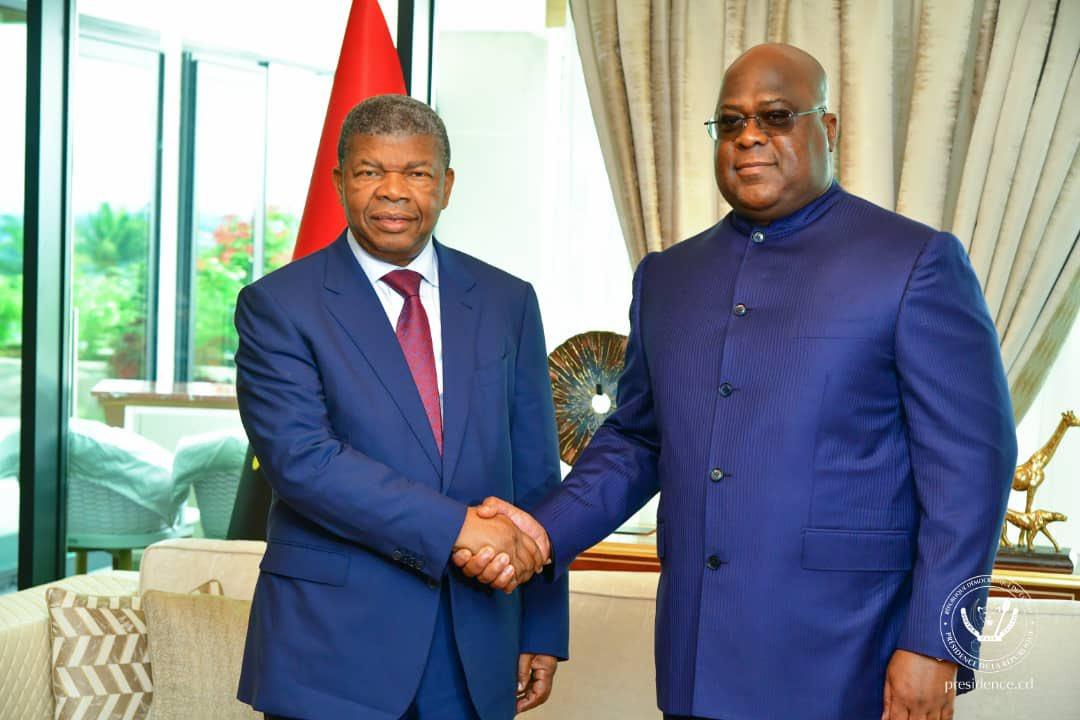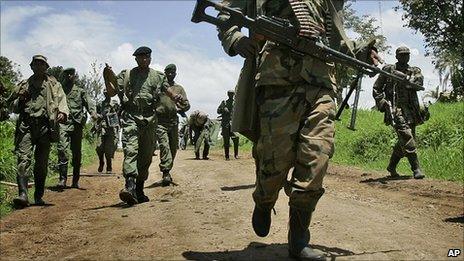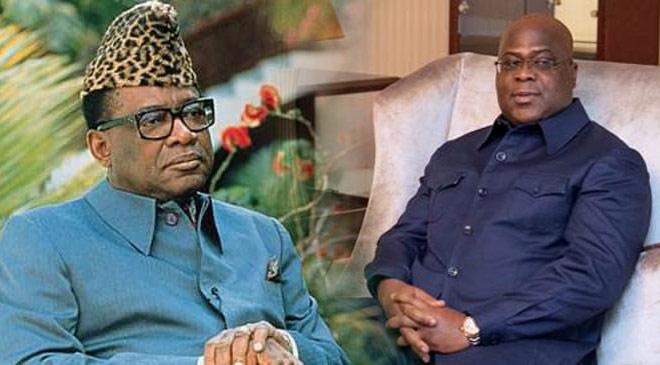Regional
How DRC is choking diplomatic efforts for peace

Last weekend was
characterized by diplomatic efforts by African leaders between Kigali and
Kinshasa in the bid to find a lasting solution to the ongoing conflict between
the Democratic Republic of Congo (DRC) government and the Congolese rebel
group, M23.
However, regional experts
are already casting doubts on the success of these talks, mostly owing to the
behavior of the Congolese government which is frustrating the process.
Angolan President João
Lourenço was the first to travel to Kigali and Kinshasa as part of the efforts
to resolve the crisis amid escalating tension.
Lourenço’s visit followed a
tripartite meeting held on November 5, between Rwandan, Congolese and Angolan ministers
of foreign affairs, in Luanda. The two countries, DRC and Rwanda, are said to
have agreed to work towards normalizing bilateral relations.
The region and the Africa
Union Commission have not maintained an observer status in the conflict in
eastern DRC that continues to see the country’s military losing grounds to the
Congolese rebel group, the M23. They are doing their best to quell tensions.
However, political watchers
remain pessimistic over the outcomes of such political engagements. This is mostly
due to DRC’s decisive intent to frustrate any peaceful alternative to solve the
outstanding problems between Kinshasa and the M23 rebels.
President Félix Tshisekedi
and his allies resolved to engage in a military offensive against the rebel group
on one side, while also pretending to back peace efforts. The country has been busy mobilizing funds to replenish its war
chest which they publicly confirmed is meant to fight the M23 until it is pushed
out of DRC.
Also, Tshisekedi has ordered
a mass recruitment of young Congolese to join the army, in a campaign that went
viral on social media platforms, and always animated by offensive slogans
against Rwandans. The chants and slogans that openly sensitized people against
Rwandans and Kinyarwanda-speaking Congolese are all supervised by serving
military officers together with local authorities.
These actions and
Tshisekedi’s audacity to meet his counterparts from across Africa as he
deceitfully promises them his support to a peaceful settlement of the conflict
with M23 and his political will to engaging politically with Rwanda to
normalizing the bilateral relations between the two countries create a major
contradiction.
Tshisekedi chaired a
military council that decided a military offensive against the M23 as it even
ordered for the purchase of extra military kit for the FARDC and allied groups
such as the FDLR in their bid to combat the M23. To that, the council decided
that there was need to recruit massively for the country’s youngsters to join
the army so as to create a critical mass of fighters against the M23.
Politically, the only
engagement that was visibly conducted, is that of lobbying for the country’s
member of parliament to vote for a motion that rules out any provision of
political negotiations with the M23 fighters as they classify all their
political grievances as invalid.
Socially, the country
remains highly divided along ethnic lines and Rwandophones are often paying the
ultimate price in the skirmishes that are always organized by the local
authorities alongside FARDC officers. In acts mirroring what genocidaires did
in Rwanda in the beginning of 1959, the cows of Rwandophones which they also
symbolize with Tutsi are chopped with machetes to reveal their heinous ideology
and to indirectly show them what to expect of their dear lives.
As political engagements
continue to be motivated by regional Heads of State, the onlookers should
perhaps reserve some little room for optimism, however; the big question that
always imposes itself is: for how long? And where will the magic come from,
considering what Tshisekedi’s government resolved to do with the current
conflict?



.jpg-20221116095818000000.jpg)

.jpg-20221113062657000000.jpg)
.jpg-20221113050043000000.jpg)